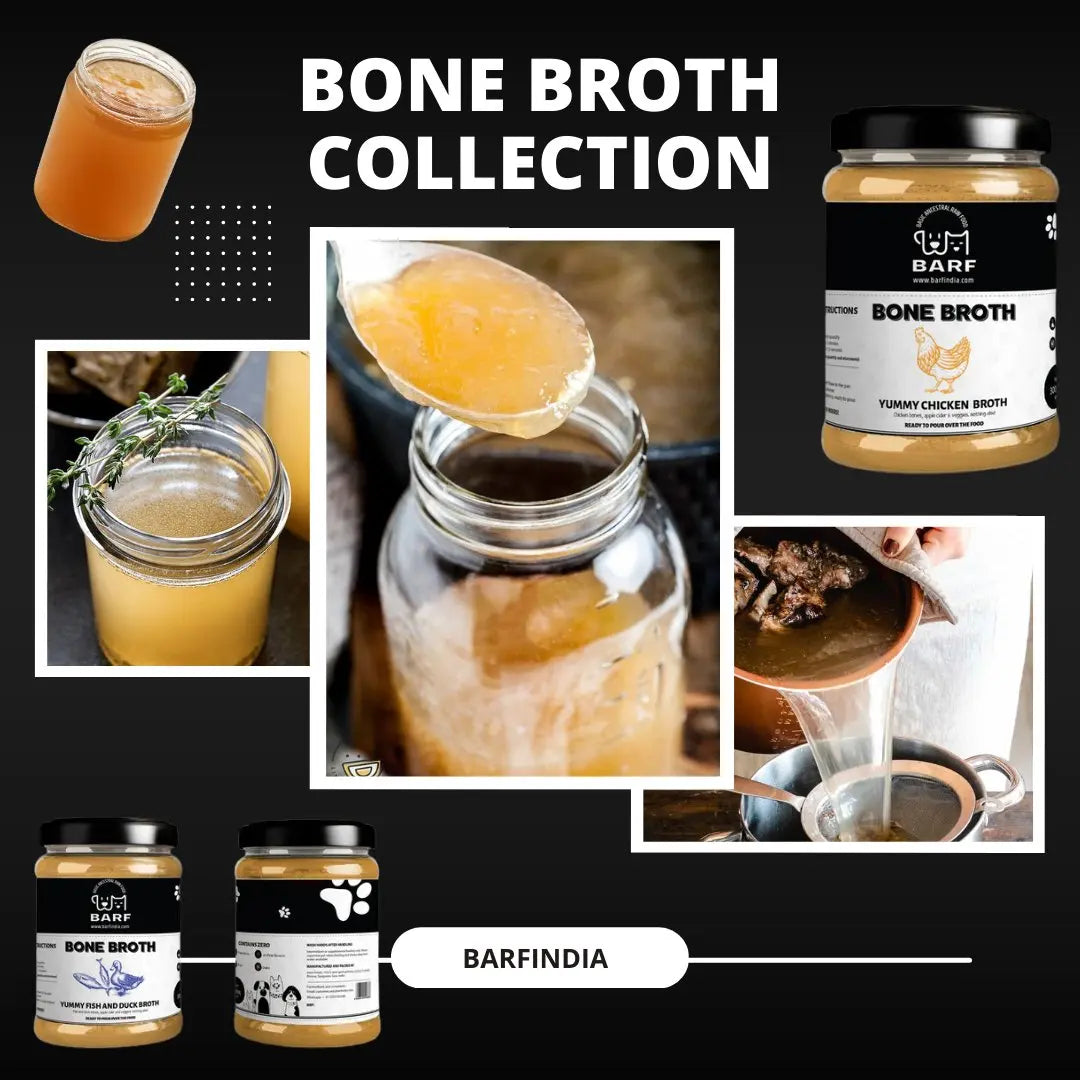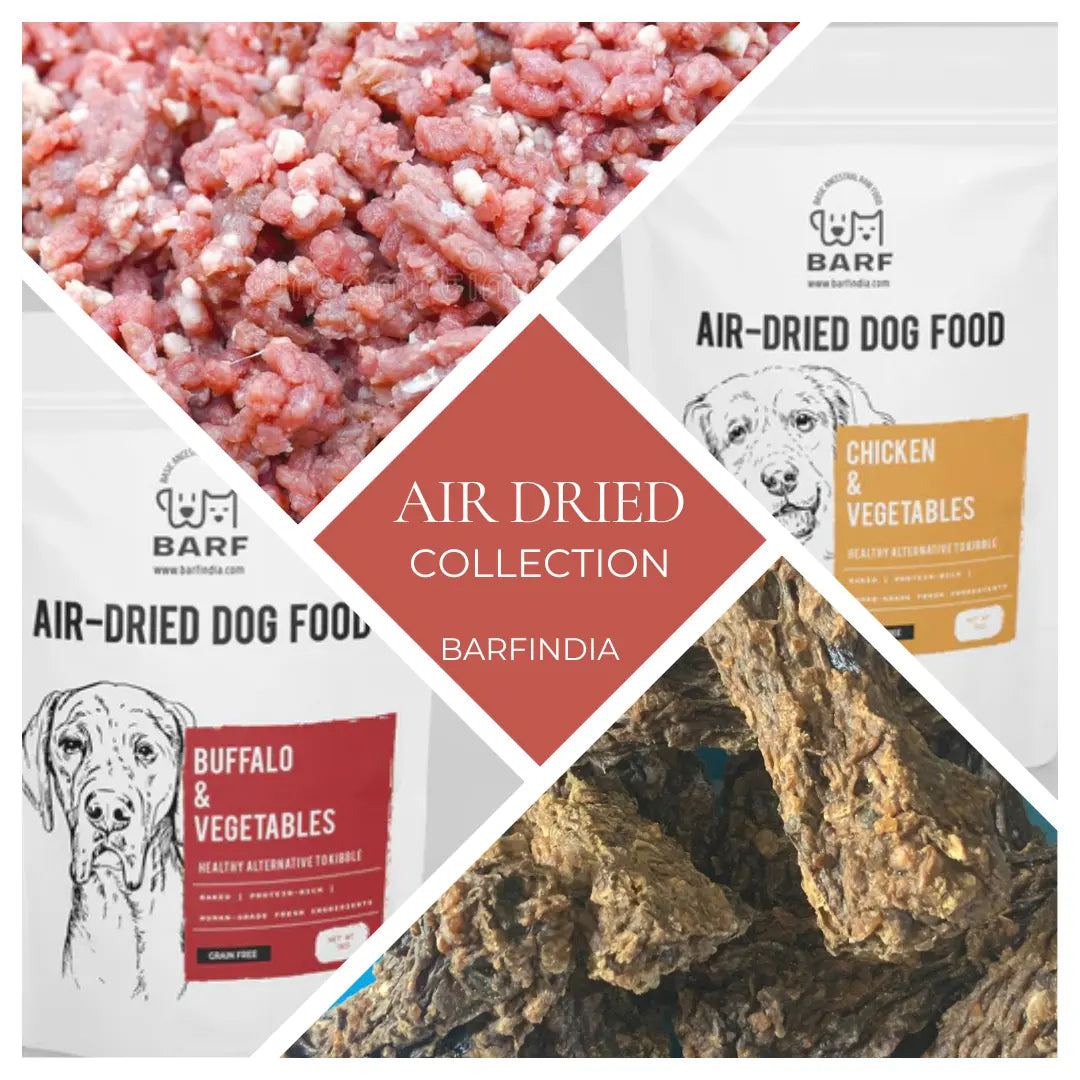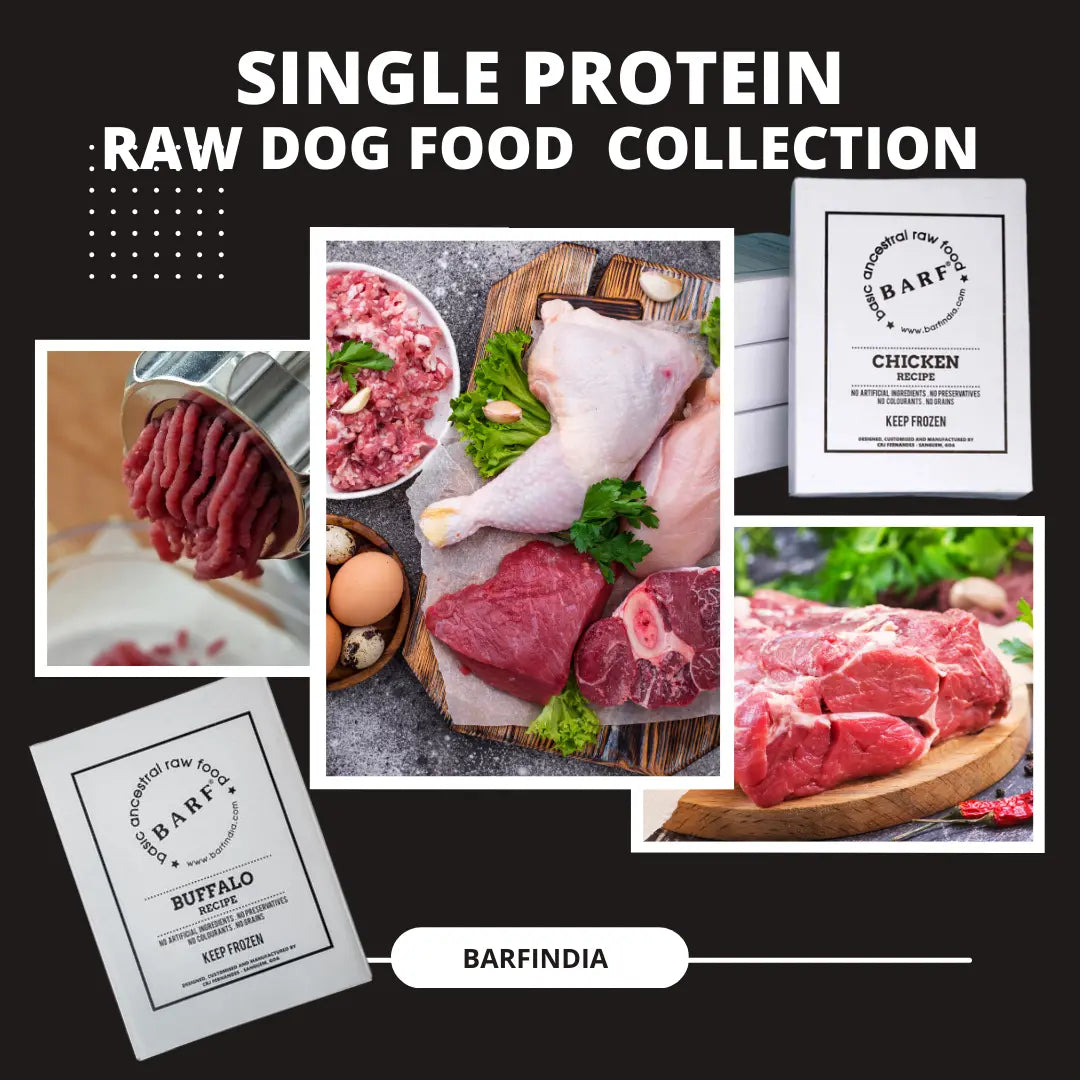
Crunch, Chew, Clean: The Triple C's of Dental Health with Bones for Dogs
Nivedita FernandesDental Health with Bones for Dogs
Introduction:
Dogs are beloved members of our families, and just like humans, they require proper dental care to maintain their overall health and well-being. One effective way to support your canine companion's dental health is through the Triple C's: Crunch, Chew, Clean. In this blog, we'll explore the importance of these three elements and how incorporating bones into your dog's diet can contribute to their dental hygiene.
Crunch:
The first "C" in the Triple C's of dental health for dogs is crunch. Dogs have natural instincts to chew on hard objects, and this action helps to scrape away plaque and tartar buildup on their teeth. Crunchy foods or treats provide mechanical abrasion, which can assist in preventing dental issues such as gingivitis and periodontal disease.
Including crunchy foods in your dog's diet can be as simple as offering dry kibble or specially formulated dental treats. These treats are often designed to have a coarse texture that helps to clean teeth as your dog chews. However, not all crunchy treats are created equal, so it's essential to choose products that are specifically made to promote dental health and are appropriately sized for your dog's breed and chewing habits.
Chew:
The second "C" in the Triple C's is chew. Chewing is a natural behavior for dogs that serves several purposes, including stress relief, jaw exercise, and dental care. When dogs chew, it stimulates saliva production, which can help to neutralize acids in the mouth and wash away food particles that contribute to plaque formation.
Incorporating chew toys or bones into your dog's routine can provide them with an outlet for their chewing instincts while also promoting dental health. Bones, in particular, are beneficial for dental care because they are hard and abrasive, helping to scrape away plaque and tartar as your dog gnaws on them. However, it's crucial to choose the right type of bone for your dog, as some bones can splinter and pose a choking hazard.
When selecting bones for your dog, opt for raw bones that are large enough to prevent swallowing whole and are appropriate for your dog's size and chewing strength. Avoid cooked bones, as they can splinter and cause intestinal blockages or injuries to your dog's mouth and throat. Additionally, always supervise your dog when they are chewing on bones to ensure their safety.
Clean:
The final "C" in the Triple C's is clean. While crunchy foods and chew toys can help to mechanically clean your dog's teeth, they are not a substitute for regular brushing. Just like humans, dogs benefit from regular dental hygiene practices to maintain optimal oral health.
Introducing your dog to tooth brushing at a young age can help them become accustomed to the process and make it easier to incorporate into their routine as they grow older. Use a soft-bristled toothbrush and toothpaste specifically formulated for dogs, as human toothpaste can be harmful if swallowed. Aim to brush your dog's teeth at least two to three times per week, focusing on the outer surfaces where plaque and tartar tend to accumulate.
In addition to brushing, consider other dental care products such as dental wipes or water additives that can help to reduce plaque and freshen your dog's breath. Regular dental check-ups with your veterinarian are also essential for detecting any dental issues early and preventing more significant problems down the line.
Dental Health - Conclusion:
Incorporating the Triple C's of dental health – Crunch, Chew, Clean – into your dog's routine can help to promote optimal oral hygiene and overall well-being. By providing crunchy foods and chew toys, along with regular tooth brushing and dental check-ups, you can support your canine companion in maintaining a healthy smile for years to come. And don't forget to include bones in your dog's diet as a natural way to promote dental care – just be sure to choose the right type and supervise your dog during chewing sessions. With proper care and attention, you can help your dog enjoy a lifetime of good dental health.



